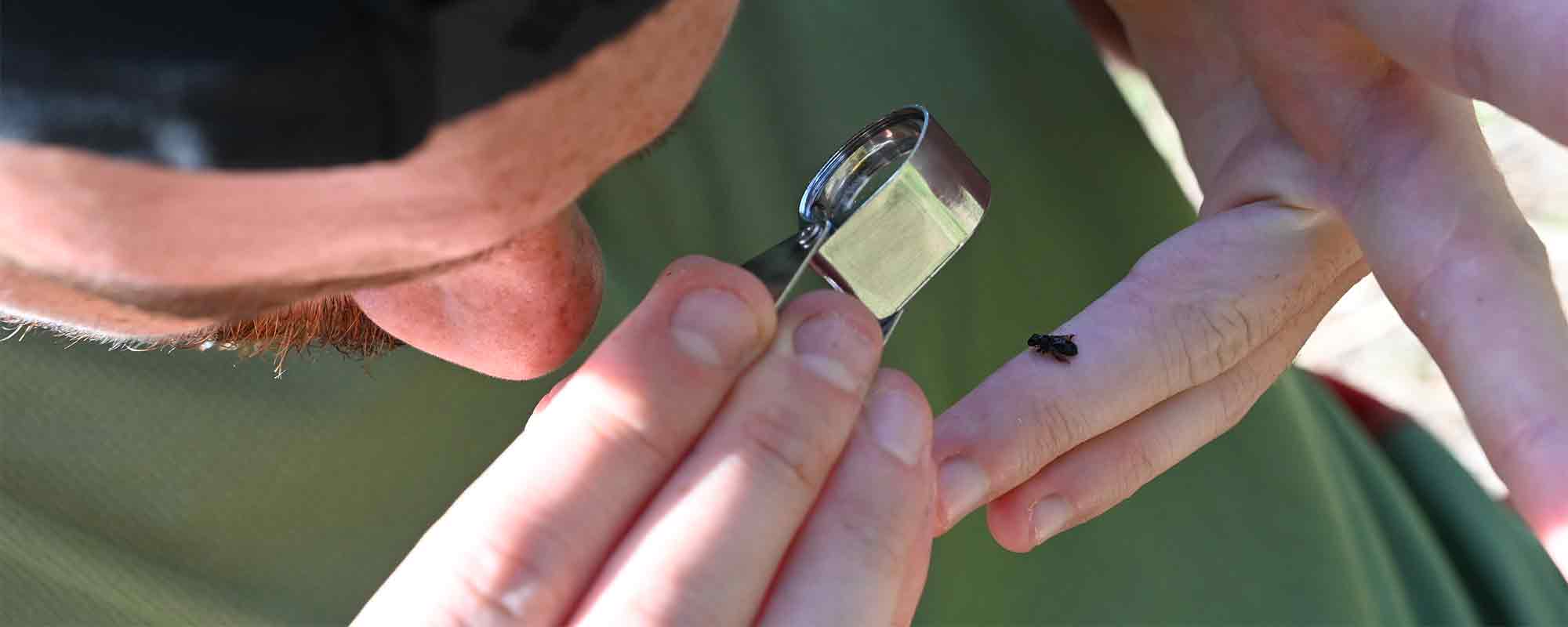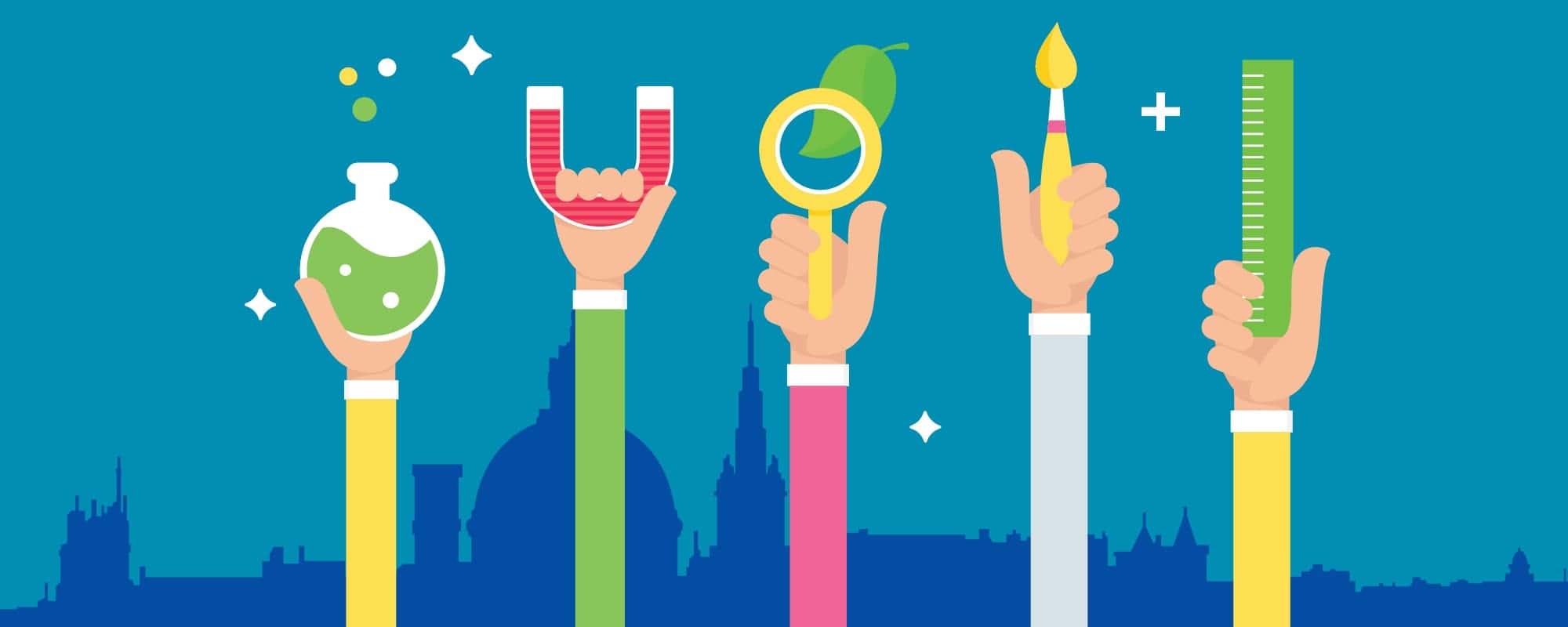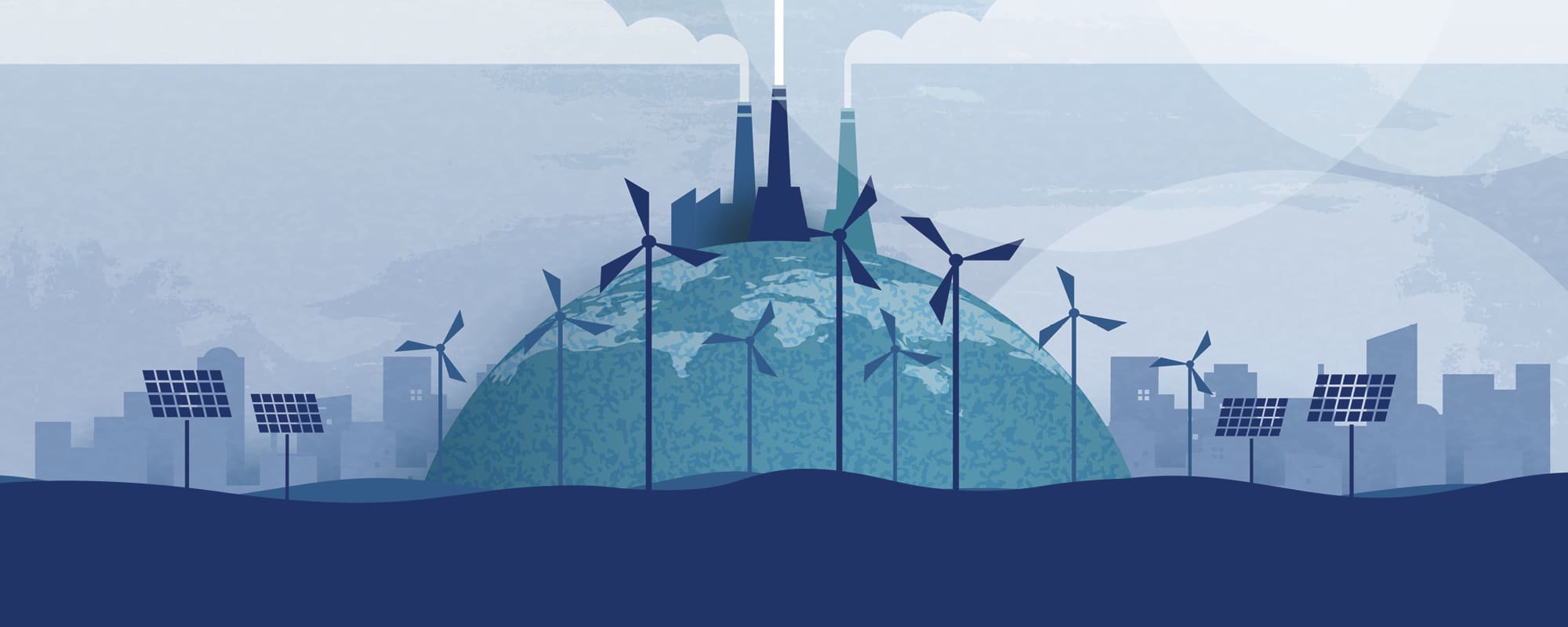For such a tiny nation, isolated on the periphery of many gargantuan nations and empires, the Maltese share an eventful and varied history. Dr Charles Xuereb, in his new book Decolonising the Maltese Mind: In Search of Identity, gives a fascinating account of the Maltese existence and how different peoples passing through the island nation have affected its culture across history.
Continue readingReconsidering Reason: Ableism and Speciesism in Moral Philosophy
The ability to reason has been the hallmark of humanity for centuries. It has been used as the foundation for numerous ethical systems. Yet using reason as humanity’s signature feature ostracises those with severe to profound cognitive disabilities, giving moral philosophy ableist undertones. THINK speaks with Dr Kurt Borg and Prof. Anne-Marie Callus to discuss.
Continue readingChampioning Research Excellence: The HRS4R Journey at the University of Malta
The HR Strategy for Researchers (HRS4R) is an ongoing project aimed at improving the working conditions and recruitment processes for researchers, including resident academics and Research Support Officers (RSOs). THINK recently interviewed Dr Karen Cacciattolo to walk us through the work conducted by the HRS4R committee at the University of Malta (UM), the significance of this project, past actions taken, and upcoming plans.
Continue readingRethinking Economic Progress
In today’s society, the pursuit of economic growth has become an unquestioned goal. Politicians and policymakers often use increasing GDP as a measure of progress without critically examining its implications. However, this prevailing approach needs reconsideration. Economic policies should prioritize serving societal interests rather than prioritizing growth for the sake of growth. It is time to redefine our understanding of well-being and explore alternative models that lead to a more sustainable and equitable future.
Continue readingHelp Monitor the Buzz – Join the Malta Pollinator Monitoring Scheme
Calling all nature enthusiasts. Are you alarmed by the rapid decline of critters which pollinate our plants? Do you want to have a positive impact on the world around you? Then consider signing up to become a citizen scientist in the Malta Pollinator Monitoring Scheme (MPOMS) today!
Continue readingMalta’s Prehistoric Temples and the People Who Built Them
The Maltese megalithic temples were built over 5,000 years ago. To find out how the people that built the temples saw the world, Dr Tore Lomsdalen conducted his PhD project on the worldview and cosmology of the prehistoric Maltese temple builders. He found that the temples were intentionally positioned to be intervisible and oriented towards certain stars that were significant for these ancient people.
Continue readingFull STEAM Ahead
Change is unavoidable. Yet as creatures of habit, it is safe to say that change is not a comforting prospect to most, because let’s face it, change can be pretty darn scary. Many dread the loss of control and autonomy that accompanies the unknown, choosing an unpleasant situation over opting to take the proverbial leap that would change their lives for the better.

And yet, social and environmental change is a stark reality. It is knocking on our doors, demanding attention, threatening to overcome and leave us reeling in the aftermath of what we ourselves have created. How then do we take the leap; how do we eschew the devil we know and look to make the changes we so desperately need?
The answer lies in five letters, STEAM: Science, Technology, Engineering, Arts, and Maths. We’re not talking rocket science, although all innovators and researchers do look to STEAM to develop ideas and knowledge. STEAM skills are what empower changemakers working within their communities on all kinds of projects, big and small. Whether we’re designing a recycling initiative, creating a website, or learning about biodiversity and local ecosystems, we need to draw on a powerful set of STEAM skills. It is this skill set that can help citizens all over the world face current challenges: climate catastrophe, lack of inclusivity, and health issues, to name a few.
Through creativity, the Science in the City (SitC) team is looking to engage people from all walks of life with STEAM. The 2023 festival’s goal is to empower and encourage citizens to be the change they want to see. Cliché? Definitely, but it’s today’s reality, and every one of us needs to wake up to this particular reality if we are to have a future on this planet.
The festival activities for 2023 will challenge convention and work to alter the mindset that has brought us all to this point. We cannot simply wait for the education system to implement changes for tomorrow. We need to mobilise our youth and our young-at-heart today to become agents of change. STEAM is key to achieving Sustainable Development Goals, living in an inclusive society, and embracing diversity. So join the SitC movement, get unstuck, and start leading change from wherever you are, because the world has never been more ready for it!
A Revolution of Enlightenment: The Redemptive Rise of Manwel Dimech
During the 1880s, while incarcerated in a Maltese prison, a young man’s desperate thoughts slowly but surely transformed into a series of radical and progressive concepts that would both condemn him and turn him into one of the most overshadowed and pivotal historical figures in Malta’s history.
Continue readingThe Future is Turquoise
Now involving nine European universities, SEA-EU is an alliance that pools resources in order to effectively compete with well-equipped universities in China and the USA. But how does an alliance of universities even work? THINK explores the University of Malta’s most beneficial alliance yet.
Continue readingMust There Be Winners and Losers as We Go Green?
Climate change is a growing problem. The longer we go without making sacrifices, the greater the price that must ultimately be paid. The problem is made worse, however, because when it comes to phasing out fossil fuels, some people must automatically pay a higher price than others. So who would the winners and losers be if we suddenly drove forward to significantly lower emissions by 2030, as the European Union intends?
Continue reading









